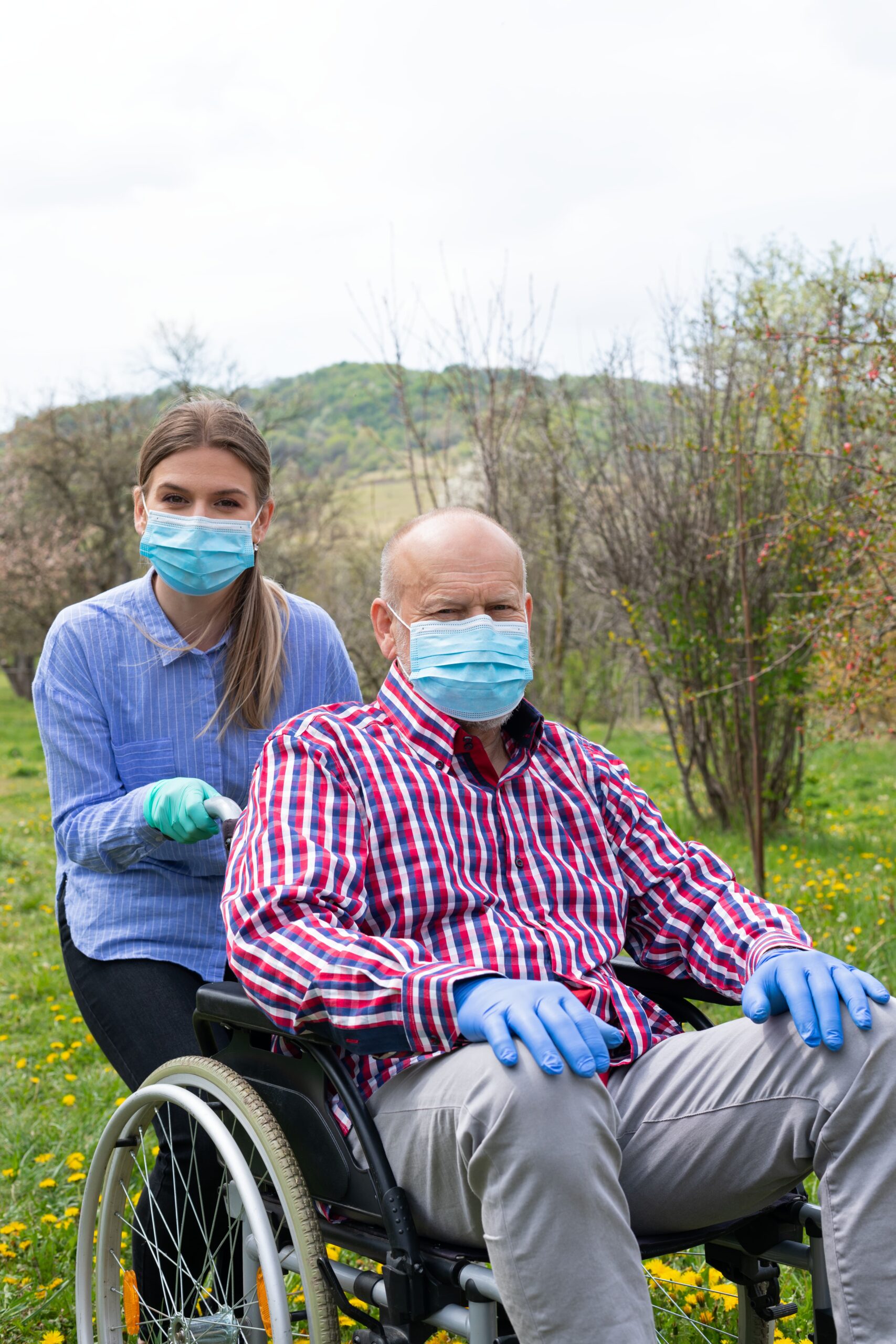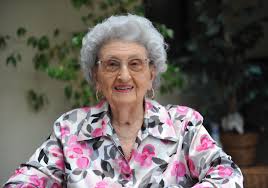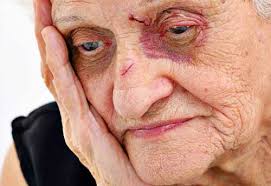Becky Barney-Villano wrote a heart-wrenching story about the day in 2009 when she found out that her husband of 26 years had Alzheimer’s Disease, something she knew little about. She had to train herself to be a caregiver, and learned the emotional toil this can take on both spouses. She reached out for help, and found a support group for couples with a spouse who had been diagnosed with AD. She found that the support group and getting help during the day such as using an Adult Day Care Center were critical to keeping her mental health sound. Since the diagnosis, she has become a Senior Consultant, Fund Development, at the Alzheimer’s Family Center. As regular readers of my blog know, both my father and my grandmother had Alzheimer’s Disease when they passed away. I found great comfort dealing with the folks at Alzheimer’s Association in Ryan Ranch. They also have a 24-hour hotline which you can call whenever you need someone to talk to at 800-272-3900.







